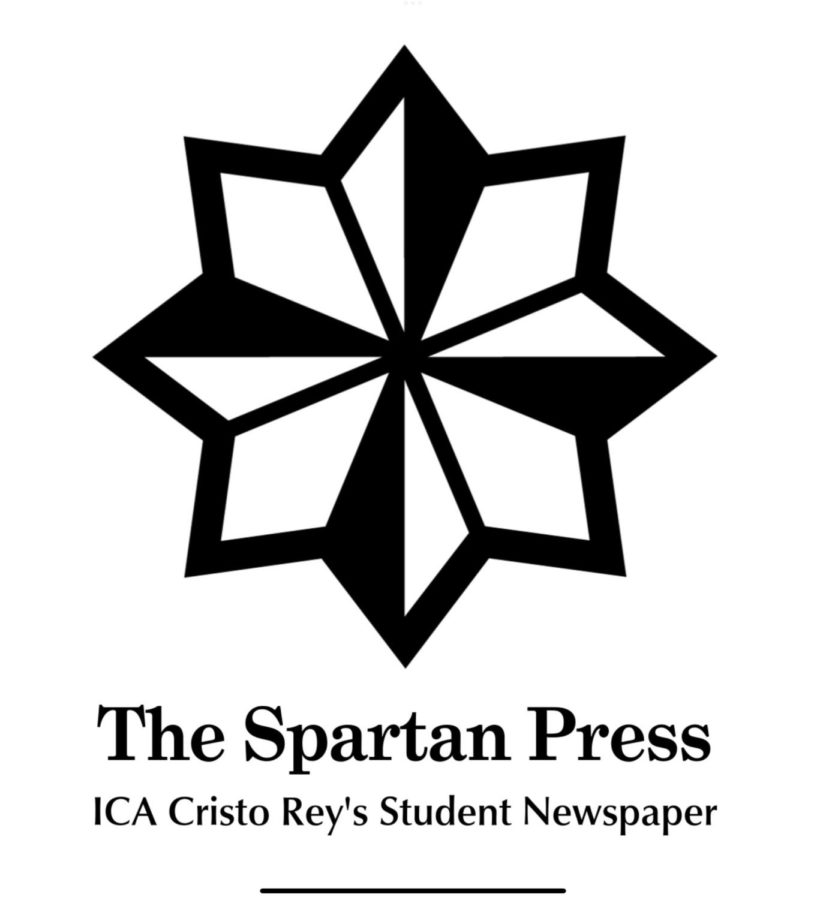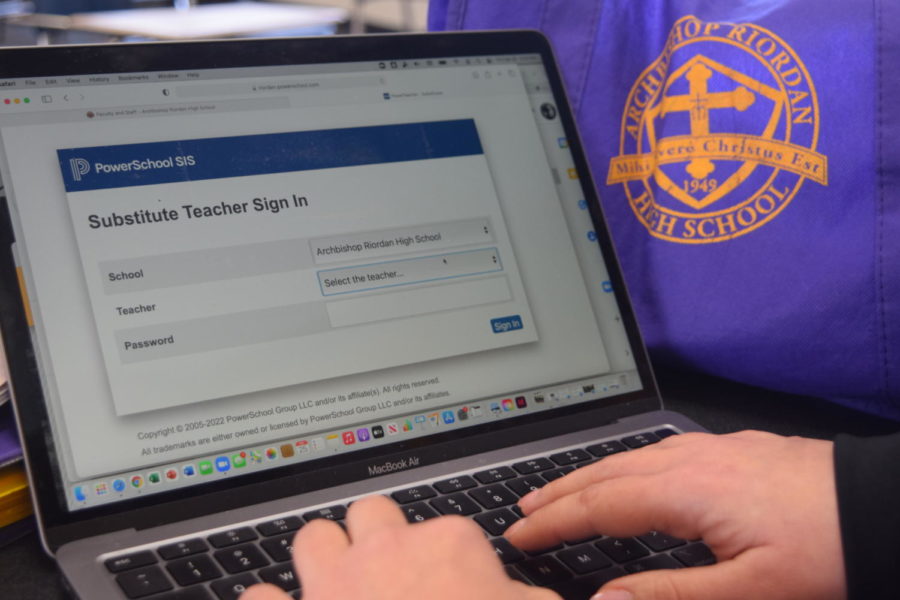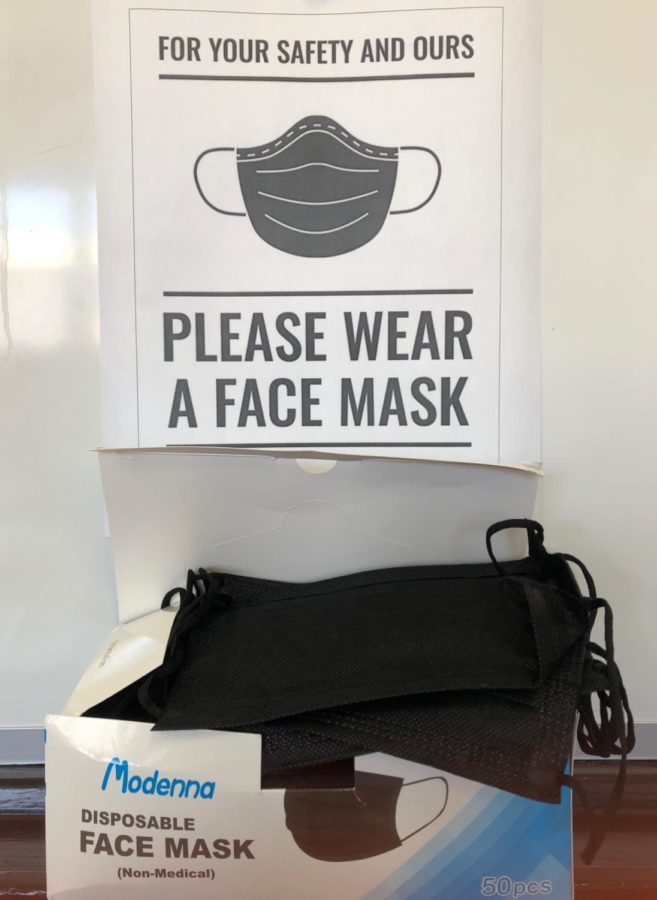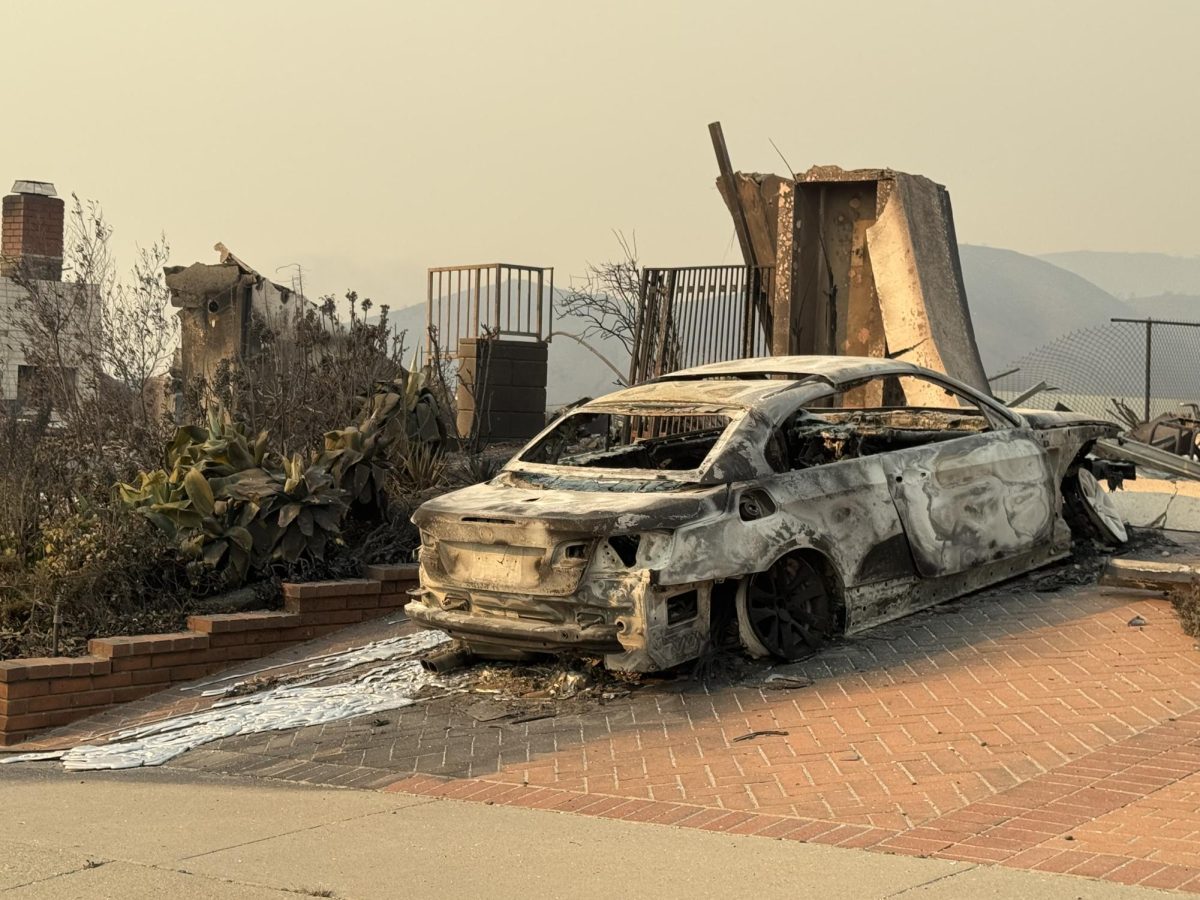With schools closed, students were not able to take their AP (Advanced Placement) tests in school. The College Board helped to provide information to students and families about the changes to the tests.
AP exams this year were taken at home via phone, tablet, computer, etc. Tests were shorter, and students were able to turn in work handwritten via a photo or take the test on their device.
Exams did not quite mirror a college exam, but they were open notes as many college exams are. The exams included only material and topics that most AP teachers had already gone over with their students before early March when schools started to close down.
Exams started May 11 and should be completed by May 22, with different tests on different days, depending on the subject. Three tests are given per day during different times, with one test at 9:00 am, one test at 11:00 am, and another test at 1:00 pm. Makeup tests will be available for every subject June 1-5.
Some students experienced computer glitches that made their test invalid. The College Board, aware of the issue, is giving these students the opportunity to re-take the test during the makeup period.
According to the New York Times, “The College Board, a nonprofit organization that administers the A.P. exams, said that submission issues had affected fewer than 1 percent of the roughly 2.2 million tests taken this week and that students would have the opportunity to retake tests next month.”
In a statement, Zach Goldberg, a College Board spokesman, said, “We share the deep disappointment of students who were unable to complete their exam — whether for technical issues or other reasons. We’re working to understand these students’ unique circumstances in advance of the June makeup exams.”
Filip Brazdil ‘21, a student in the boarding program, had to take the test across the world in the Czech Republic. He said, “I find it sad and a little funny that 10 months of work are being evaluated in one 45 minute assessment.”
This was Social Science teacher Cory Nelson’s first year teaching AP United States History, and while he was not happy that this was what a whole year of learning came down to, he said, “I do feel it does reflect the progress a student could make in a year of learning content, writing, and analyzing, but I do not think it demonstrates the students’ content knowledge of US history.”













